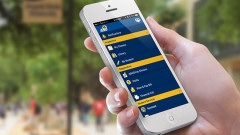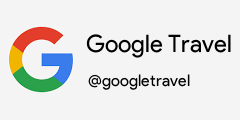In a post on Think With Google, Google's Head of Travel Industry Jennifer Wesley provides some tips for cruise marketers who want to win with digital advertising.
Background:
- Rising expectations of cruisers create opportunities for enhanced engagement.
- Cruise is a complex product.
- There were more than 390M visits to cruise-line websites in 2017.
3 principles:
- Value early engagement.
- Search is the go-to channel in the early stages of researching a cruise.
- Brands, destinations and ports are searched most often.
- Non-branded searches outnumber branded searches by more than 2:1.
- But if not exposed to your brand early in the shopping process, potential buyers may not consider you when ready to book.
- Make booking easy across all channels
- 70% of cruisers visit the cruise line's website when planning.
- Mobile searches for cruises are growing at 5X the rate of mobile airline and hotel searches.
- More consumers book cruises online (47%) than through a travel agent (35%).
- Consumers say that most cruise-line websites don't make it easy to compare ships or rooms.
- Things that matter most to cruise shoppers:
- Price
- Destination
- Entertainment
- Dining options
- Automate to reach first-time cruisers
- A larger share (29%) of Americans who have never cruised before say they plan to in future, vs. those who have cruised before and plan to do so again (26%).
- Cruise lines lose business by concentrating on selling to those who have cruised before, or people of similar demographic, vs. potential new cruisers.
- Machine learning makes it easier to target and automate marketing and reach and engage audiences.
Google, if you haven't noticed, is at the leading edge of applying machine learning to the marketing of travel and everything else.
Statista estimates that global cruise revenue will increase from US$37.8B in 2017 to US$57B in 2027. In 2016, 11.66M passengers embarked on cruises at US ports.

 - David
- David



Comments on How consumers shop for and buy cruises online